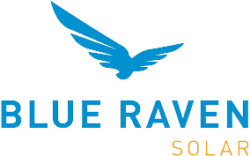Benefits of Solar Energy
Solar energy provides multiple advantages that will enhance your home for years to come.
- Smaller power bills: Generating some or all of your own energy will save you money on your electric bills long-term. Plus, some states provide net metering programs that enable you to sell your surplus energy back to the grid, generating additional credits toward your energy bill.
- Better energy independence: Adding a battery backup or storage system lets you have dependable energy during storms and grid outages.
- Reduced carbon footprint: Solar is one of the universe's most abundant clean energy sources, meaning you can lower or beat your home's dependence on non-renewable sources.
What Solar Incentives Are Available to Newport News Homeowners?
Virginia homeowners who choose solar could qualify for special financing, reimbursements, tax credits and rebates. Here are just a few of the local incentive programs.
Incentive Type: Personal Tax Deduction
Incentive Amount:
20% of the sales tax paid by an individual
Incentive Type: Property Tax Incentive
Website: law.lis.virginia.govIncentive Amount:
Depends on the local governing body
Incentive Type: Property Tax Incentive
Website: dmme.virginia.govIncentive Amount:
Varies (local option)
Incentive Type: Personal Tax Credit
Website: ecowatch.comIncentive Amount:
30% federal tax credit for systems placed in service after 12/31/2021 and before 01/01/2033. Good for: solar water heat, solar photovoltaics, biomass, geothermal heat pumps, wind (small), fuel cells using renewable fuels.
How To Choose the Best Solar Company in Newport News
The price and performance of solar panels often depend on the provider that installed them. Here are some crucial criteria to keep in mind while searching for a solar provider.
Licensing and Training
Since 2012, Virginia's Department of Professional and Occupational Regulation has issued Alternative Energy Systems (AES) licenses to contractors who install solar PV systems. Even if a contractor has an AES license, they may still need to subcontract HVAC, plumbing or electrical work. Solar companies can also obtain accreditations from standards organizations and trade groups. The most respected ones in the industry come from the North American Board of Certified Energy Practitioners. Most company websites will prominently display earned credentials, but you should also ask your estimator for more information.
Cost of Solar Panels in Newport News
Your solar panels' type will influence how much electricity you can produce. Monocrystalline panels are among the highest quality and perform the best but cost the most. Polycrystalline panels generate less, but they're a great traditional option for low budgets. Thin-film panels are excellent for non-traditional roof shapes and cost the least, but don't work well for large residential installations.
If you'd like to charge an electric vehicle (EV) or use your solar power in dark weather, you can pay extra for add-ons. By choosing the right components, you can make your system more productive and user-friendly. Not all solar providers provide these extras, so look for a company that sells them if it's a priority for you.
Generally speaking, it costs about $17,950 for a five-kilowatt solar array in Newport News. This table shows more specific pricing information for different solar panel types and system components in your area.
| Solar Panel Cost | Average Cost |
|---|---|
| Solar Monocrystalline | $1,090 |
| Solar Polycrystalline | $850 |
| Thin-Film | $497 |
| Solar Battery | $698 |
| Solar Home EV Charger | $2,617 |
Financing Solar Energy in Newport News
Choosing the correct financing plan will impact your overall solar system cost and possible savings. Common payment options include leases, cash payments, power purchase agreements, and loans. Most solar experts recommend a cash payment or using a solar loan. Cash payments require a large up-front sum, but they help you avoid paying interest, grant you system ownership, and qualify you for cost-saving solar incentives. Solar loans have the same benefits, though you'll pay more in total due to interest and fees. Like an auto or home loan, you'll pay a set monthly rate with potentially $0 down. Solar leases allow you to pay a monthly fee to rent your panels, while a power purchase agreement lets you pay a variable rate based on only the energy you use. We generally advise against these options since you won't own your system and are disqualified from solar incentives, but they might be appropriate in specific circumstances. We recommend working with a contractor that offers multiple financing options. Talk to each representative about what's available, and acquire more than one estimate for the best odds of keeping within your spending limits.
The table below lists the average payback periods for different capacities of solar systems in Newport News.
You are eligible for a 26% federal solar tax credit for new solar power systems until the year 2032. Municipal and state governments and utility companies might also offer rebates, discounts, and dedicated financing plans that could save you more.
| Solar System Capacity | Estimated Payback period |
|---|---|
| 1 kW | 2.3 years |
| 2 kW | 4.6 years |
| 5 kW | 11.6 years |
| 10 kW | 23.2 years |
Ready to Get a Quote on Your Solar Project?
Please enter a valid 5-digit zip code!
Frequently Asked Questions About Solar in Newport News
How much money could I save by going solar in Newport News?
How popular is solar energy in Newport News?
Should I expect a boost in my property value after switching to solar energy?
Is solar installation a quick job?
How do I care for my new solar system?
What size should my new Newport News solar system be?
What is "net metering," and how does it work?
Some states or energy providers oblige you to join net metering when installing your solar system, while others give you a choice. Either way, once you sign up, you'll earn a check or bill credit for your excess generation at a wholesale or retail rate.
To share feedback or ask a question about this article, send a note to our Reviews Team at reviewsteam@thisoldhousereviews.com.


















